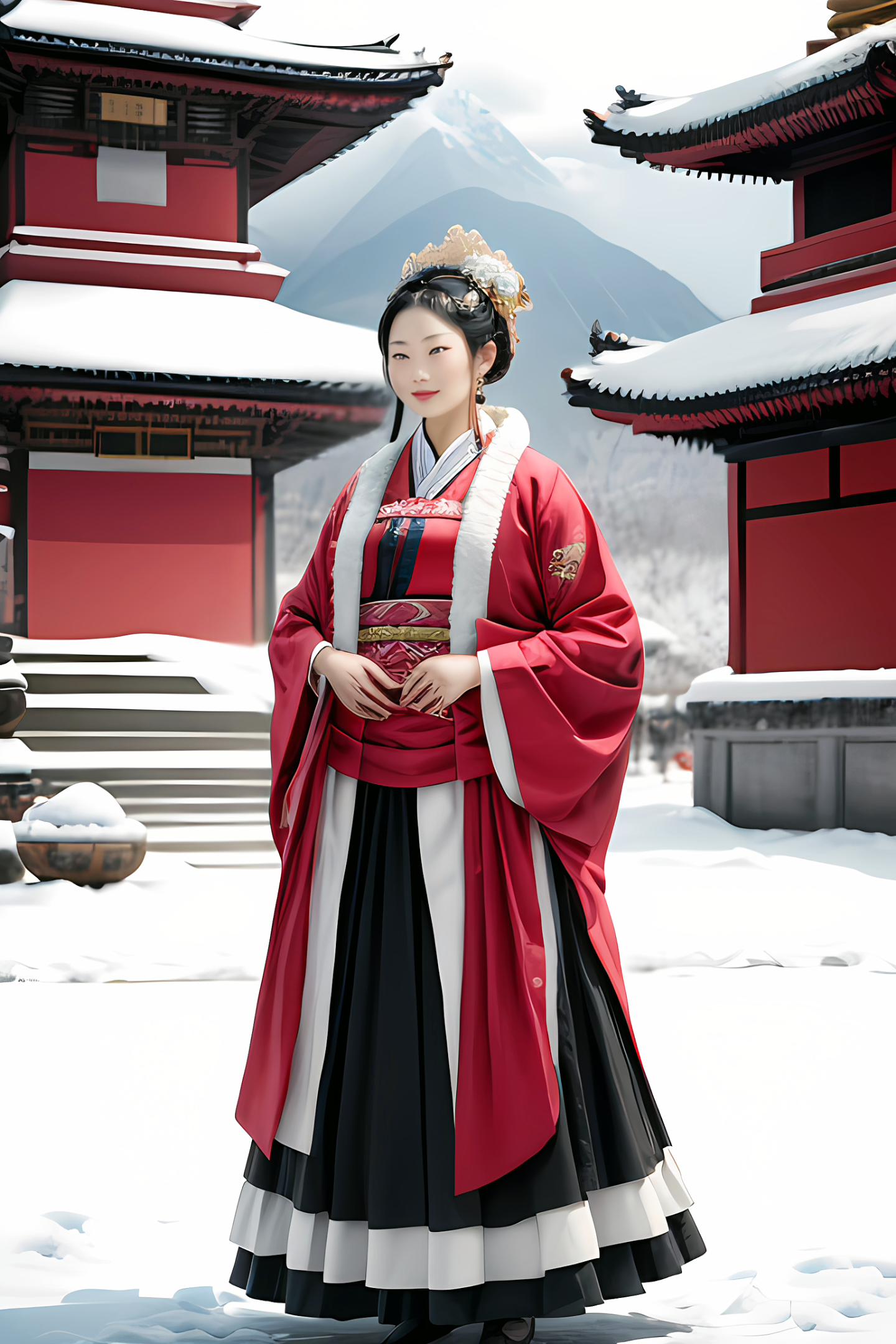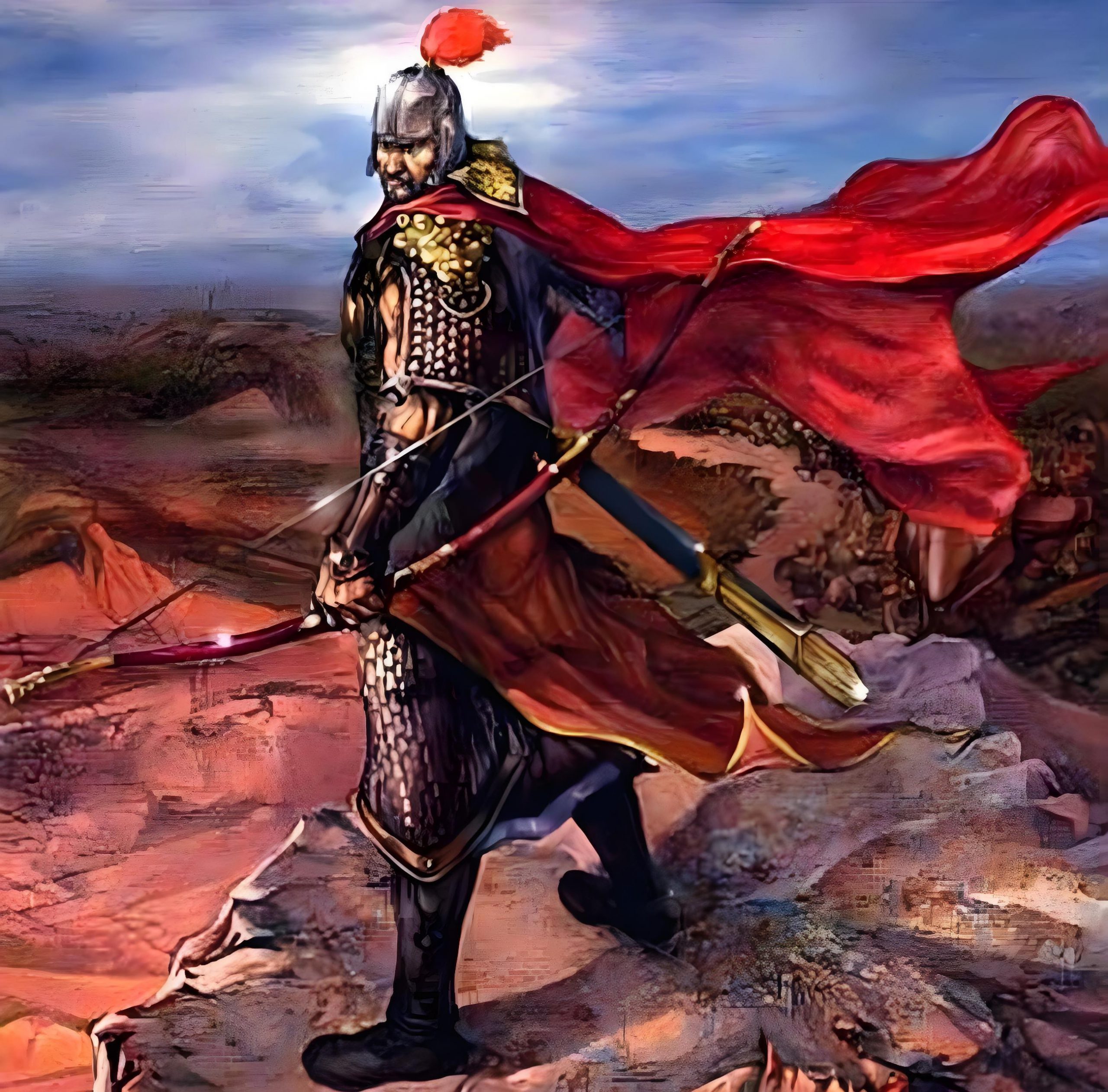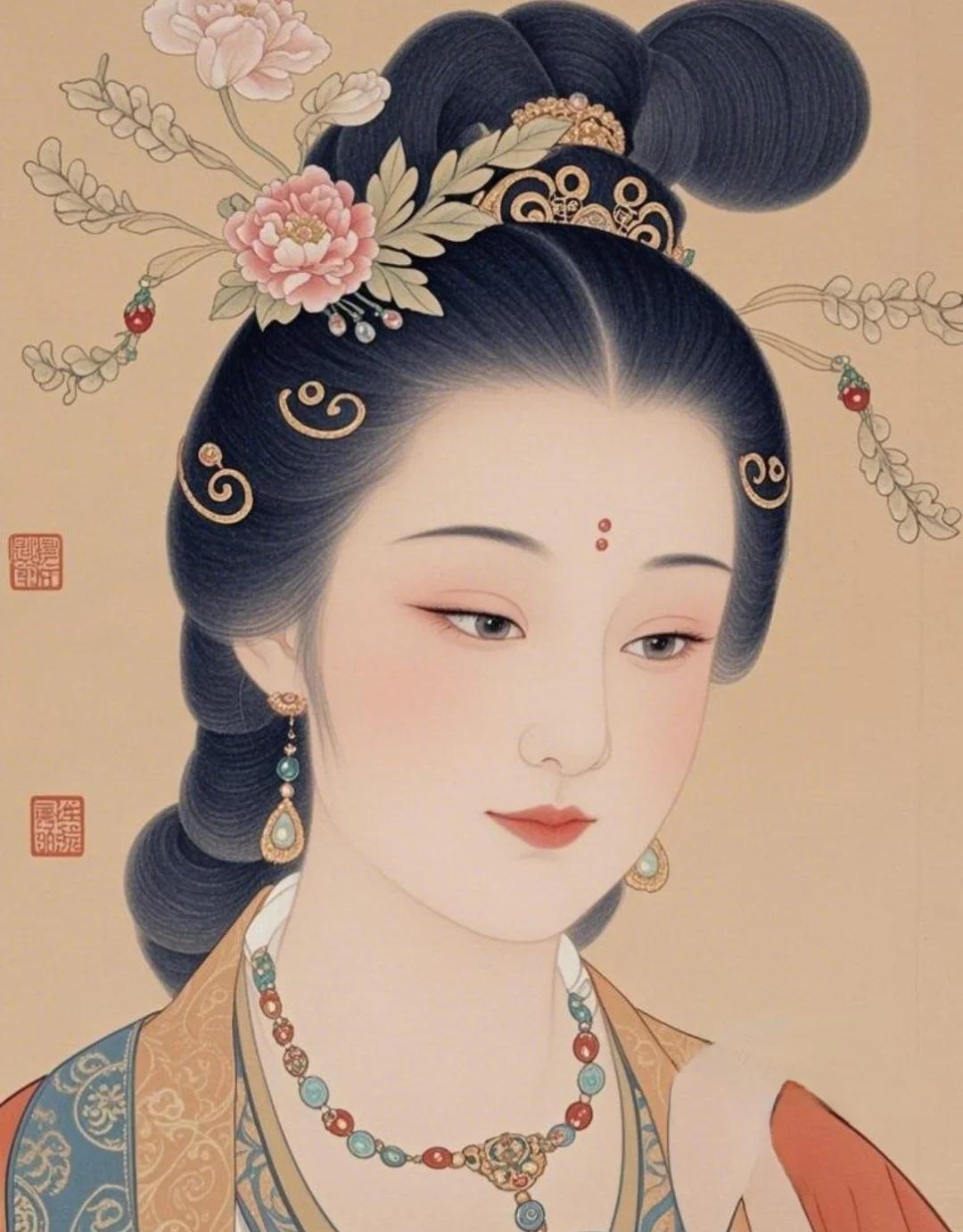Luo Binwang, also known as Guan You, was a poet of the Tang Dynasty and one of the “Four Great Masters of the Early Tang Dynasty”. He wrote numerous works throughout his life, contributing to the prosperity of Tang Dynasty literature. Let’s learn about King Luo Binwang together with the editor of History Encyclopedia.
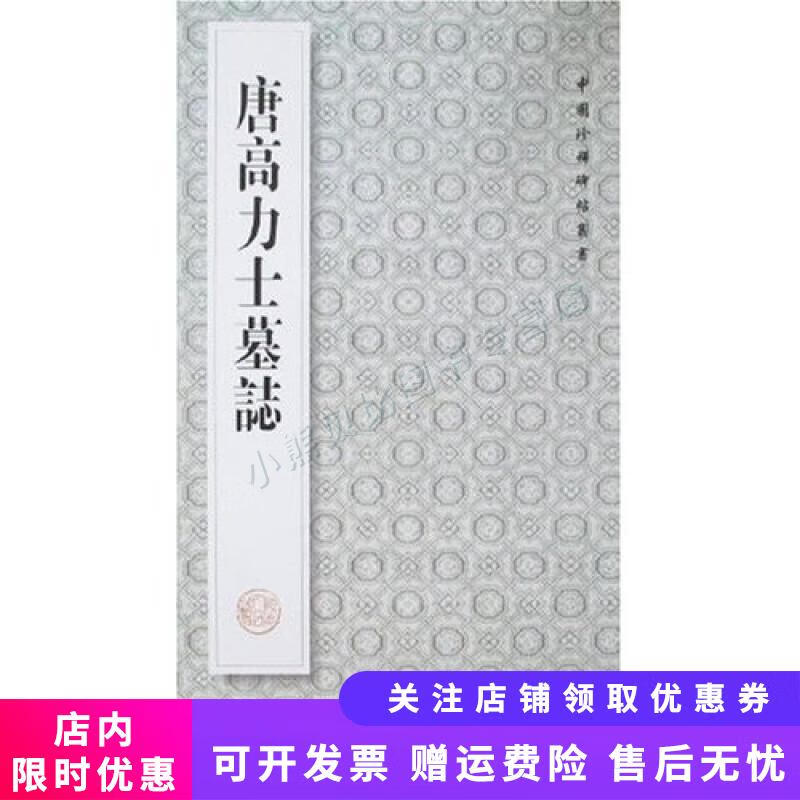
Many Tang poems were recited by us at a very young age, and even recited a few times before we could memorize them. The most familiar first Tang poem I memorized when I was very young was’ Ode to the Goose ‘.
Ode to the Goose
White feathers float on emerald water,
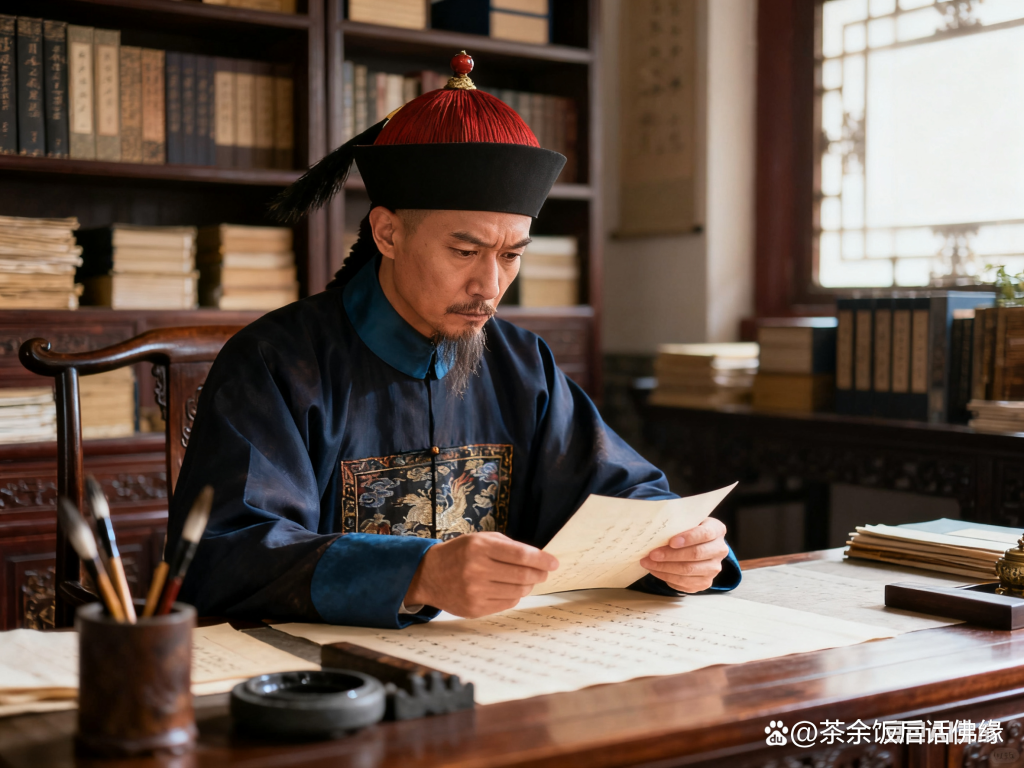
Red feet paddle through clear waves.
Goose, goose, goose, song to the sky.
White hair floats in green water, red palm stirs clear waves.
This is a poem by Luo Binwang, one of the “Four Heroes of the Early Tang Dynasty”.
It is said that King Luo Binwang was able to write poetry at the age of seven and was known as a “child prodigy”. Since one is a prodigy, there must always be a process of discovery.
Who discovered the intelligence of King Luo Bin?
It’s a guest.
One day, a guest came to Luo Binwang’s house. The guest saw the cute Luo Binwang and asked him a few questions. Unexpectedly, the seven year old Luo Binwang answered fluently, which surprised the guest greatly. At that time, Luo Binwang’s home lived in a small village in the north of Yiwu County, Zhejiang Province. There is a pond outside the village called Luojiatang. That day was in spring, and Luo Binwang and his family were taking a walk with guests near Luojiatang. They happened to see a group of white geese floating in the pond. The guests had a sudden idea to test Luo Binwang again, so they pointed at the geese and asked him to write poetry. Little Luo Binwang pondered for a moment before reciting ‘Ode to the Goose’.
It was the poem ‘Ode to the Goose’ that completely shocked the guests, and from then on, Luo Binwang was bestowed with the title of ‘Child Prodigy’.
But whether there is the nickname of “prodigy” or not, Luo Binwang doesn’t care. What he cares about is the geese in the pond, the “heavenly song” sung by the geese, the “white fur” of the geese, and the “clear waves” of the pond. Perhaps from then on, Little Luo Binwang’s eyes began to care about cleanliness, purity, and even abstract purity and nobility.
There is another poem that can illustrate that King Luo Binwang cared about nobility from a young age.
When Luo Binwang was nine years old, he once watched the crescent moon in the night sky, chatted with the moon, and wrote a poem called “Playing with the Early Moon”.
Avoid being full of light before deficiency, and take advantage of the temporary flow of dim shadows.
If it can be as clear as a mirror, how can it be as curved as a hook.
The meaning of this poem is:
Moon, I’m worried that you won’t be able to tolerate perfection and will be missing first. You can only briefly stay in the sky after dusk and then fall.
Since you can be as bright as a mirror, why are you bending like a hook today.
When Luo Binwang asked the moon, he was actually saying his own subtext. The moon can be bright and noble, why should it become dim, curved, and humble? I, King Luo Bin, would never be like this. I will never be swayed by the trend of flattery or flattery.
This is another example of Luo Binwang seeing the world with a clean eye when he was a child.
He cares about nobility and pursues it.
Luo Binwang, who pursued nobility, slowly grew up. In the autumn of his 22nd year, Luo Binwang, like many aspiring young people, went to Beijing to take the exam.
In the Tang Dynasty scientific examinations, candidates would present their proud poems and writings to prestigious officials in order to gain their appreciation. Some would even give their own poems and writings to the chief examiner, hoping to leave a deep impression on them.
At that time, the competition outside the imperial examination was fierce and important, and the great poet Wang Wei was a typical example.
But Luo Binwang relied on his profound knowledge and pursuit of nobility, unwilling to conform to trends. In addition, as a young man from a rural background, he had no conditions to participate in outdoor activities. In his autobiographical poem “In the Past”, he talked about the situation of this exam in Beijing:
A young hero with a strong sense of heroism, but with a weak age and humble attire.
Both the heaven and the earth appreciate, and the knees and knees rejoice.
Roaming through the Baling Opera, at the end of Fengyue Luo City.
And without jade delicacies, who would be willing to chase after golden pills!
Back then, King Luo Bin still cared about nobility as much as he did when he was a child.
He looks down upon the powerful and refuses to pay respects to them. Others are racking their brains for outdoor activities, but he is better off leisurely enjoying the scenic spots in Beijing and Luoyang.
When King Luo Bin entered the officialdom and was promoted to the position of Imperial Censor, he placed even greater importance on nobility and could not tolerate any problems he saw. He would never collude with the corrupt and open his mouth, writing articles to criticize the government. However, he was soon falsely accused and imprisoned on charges of corruption.
In prison, he wrote one of the strongest cicada poems in history, which is one of the “Three Wonders of Cicada Singing” called “Cicada Singing in Prison”:
The sound of cicadas singing in the west, and the deep thoughts of the guests in the south.
Unable to bear the shadow of the dark temples, come and chant to the white haired man.
Heavy dew makes it difficult to fly in, and the wind makes too much noise, making it easy to sink.
No one believes in nobility, who can show their heart.
He sings praises to the noble character of cicadas, using cicadas to compare with others, using cicadas to express himself, expressing emotions in things, and expressing deep emotions. Cicada people are integrated as one, adhering to the original noble intention without changing.
Even later on, when she opposed Wu Zetian and joined Xu Jingye in the uprising, she wrote the shocking “Fighting against Wu Ji for Xu Jingye”, which criticized Wu Zetian’s chaotic private life, accusing her of inhumane, shameless, usurping power, and other unclean behaviors. In fact, King Luo Bin was still looking at the world with his own noble eyes, and still cared about nobility.
There are many theories about the outcome of the failed rebellion of King Luo Bin. The Comprehensive Mirror for Aid in Government and the Old Book of Tang state that he was killed at the same time as Xu Jingye; The ‘Chronicles of the Court and the People’ states that he died by throwing himself into the river; The New Book of Tang states that he was “on the run without knowing where to go”. The Book of Songs states that he fled and became a monk.
I believe in all of these claims, except for death or escape, because each one is in line with King Luo Bin’s pursuit of nobility and does not align with the filth he opposes.
